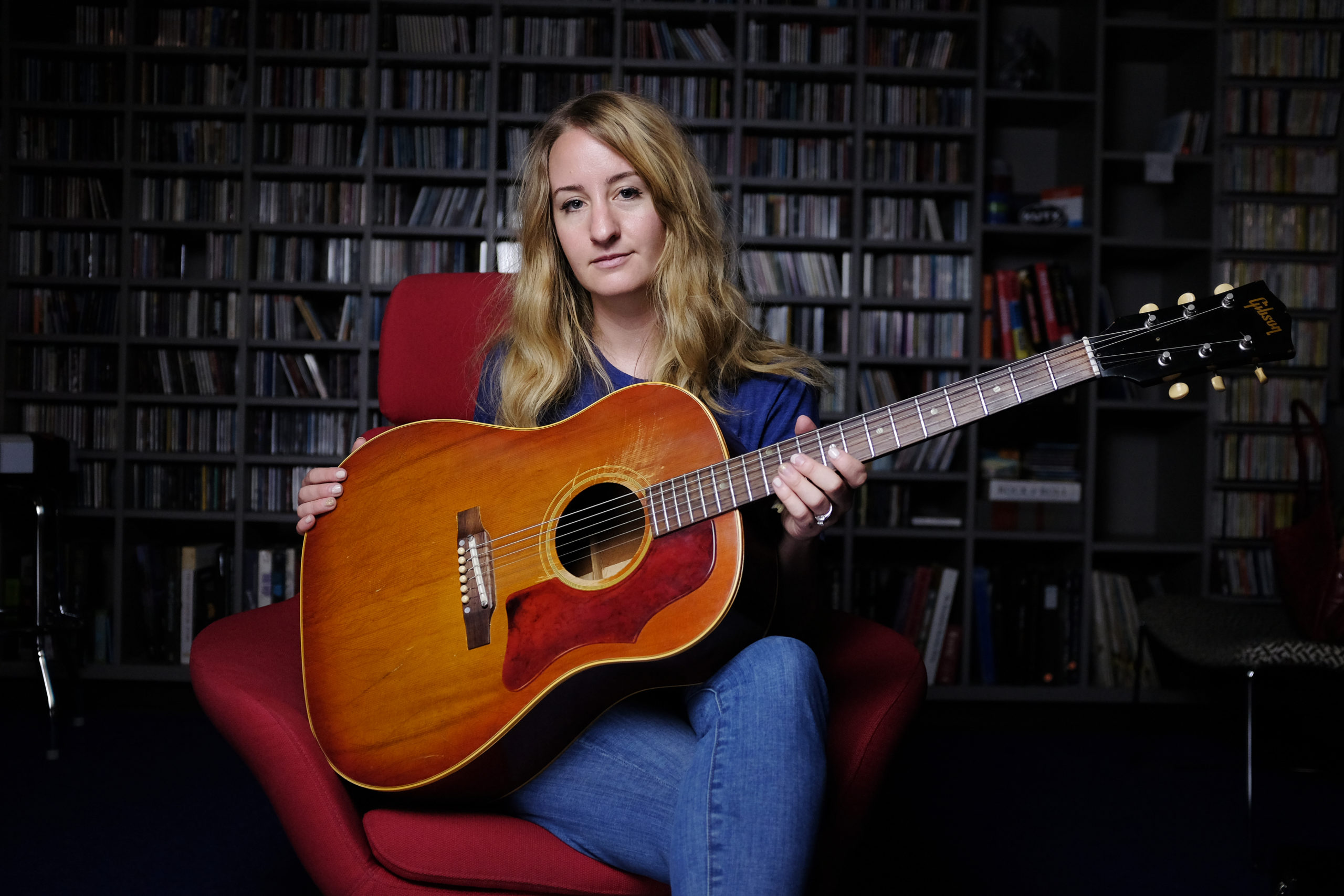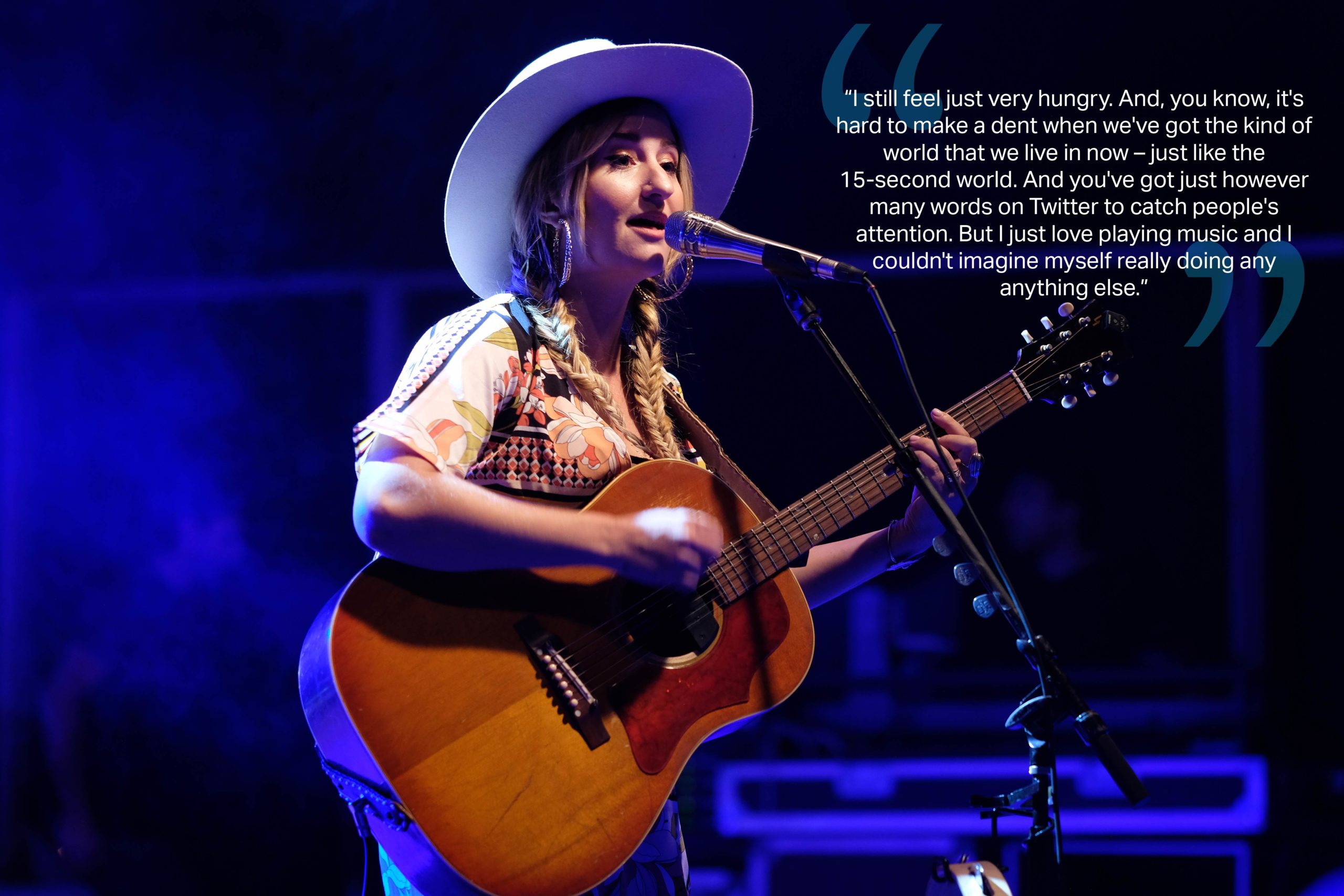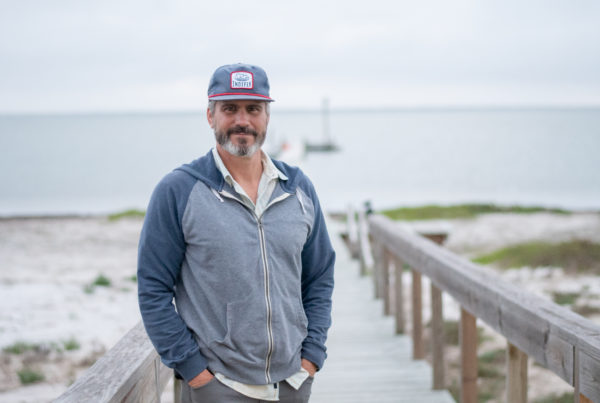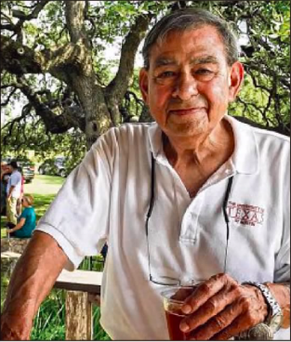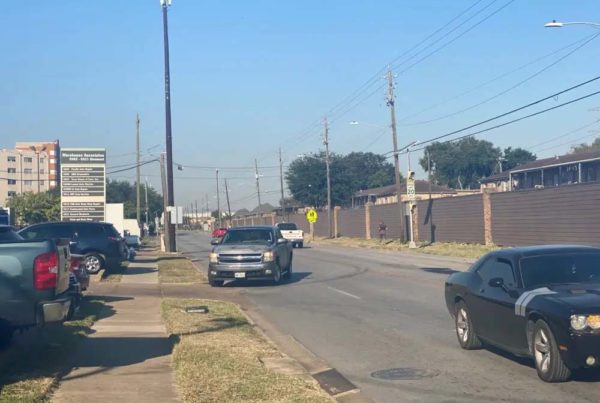Margo Price has made a living telling the truth. From her debut album “Midwest Farmer’s Daughter,” in 2016, Price has drawn on her own experience to write American music, telling stories about things like the loss of her family’s farm, inequality and injustice, and the death of her child.
Now the Grammy-nominated Price has strung these stories and more together in a new memoir called “Maybe We’ll Make It.”
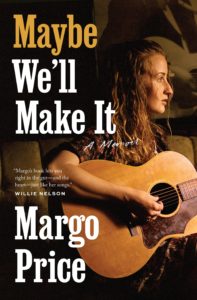
Courtesy of University of Texas Press
Price, born and raised in Aledo, Ill., drew from the early memory of the loss of that family farm – to what is described as a combination of debt, drought and corrupt bankers – in the mid-80s.
“Well, I think it was just, you know, a source of shame,” Price said. “And I think as we see a lot of people in America struggling to make ends meet, that just wears on you. And so I definitely just saw my family struggling: struggling to pay bills, struggling to be healthy and also struggling to fight off their own demons and addictions. It was hard to watch at times.”
Reminiscing about her small-town upbringing, Price said she often thinks of the phrase “idle hands do the devil’s work.” Growing up, passing the time often included outings to parties in her junior and high school years or simply cruising the backroads. But one constant was listening to music, an escape that contributed to Price’s dreams.
“The town that I grew up in really was – it still is – just kind of a ghost town, and it creates that feeling that just gnaws at you,” Price said. “You just kind of dream about running away and getting out and just making something of yourself. Just, you know, doing something different.”
Getting out and realizing those dreams was no easy task.
Price and her husband, Jeremy, lived off a bit of an Abbie Hoffman-inspired “anarchy streak,” as she described, it in the lean years before finding her success. Frugal eating, dumpster-diving and a little bit of theft (though never from any Mom and Pop stores, Price assures) supplemented the various jobs the couple bounced around from to get by.
“It was a wild time,” Price said. “But actually, looking back on it, it was a lot of fun because we had each other to lean on and we always just made the best of it.”
But amid the struggles and moving between “a hundred different dirty apartments and duplexes,” they were able to fashion a DIY outlet for their musical aspirations – complete with a home recording studio, self-made album artwork and even a made-up manager with the name “John Sirota” that was used to book shows.
Through the efforts of “John Sirota,” Price was able to book a tour across the U.S.


